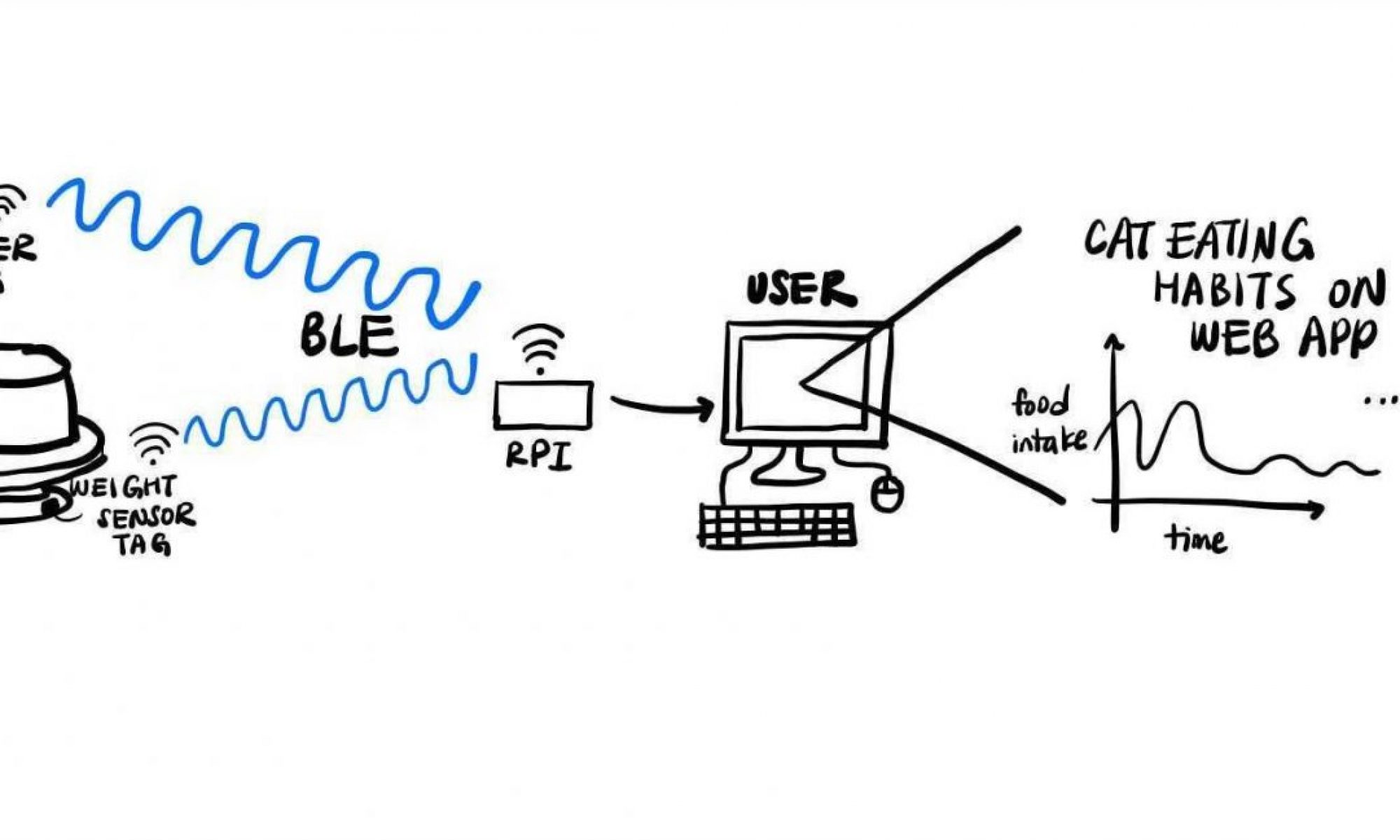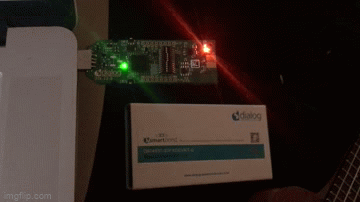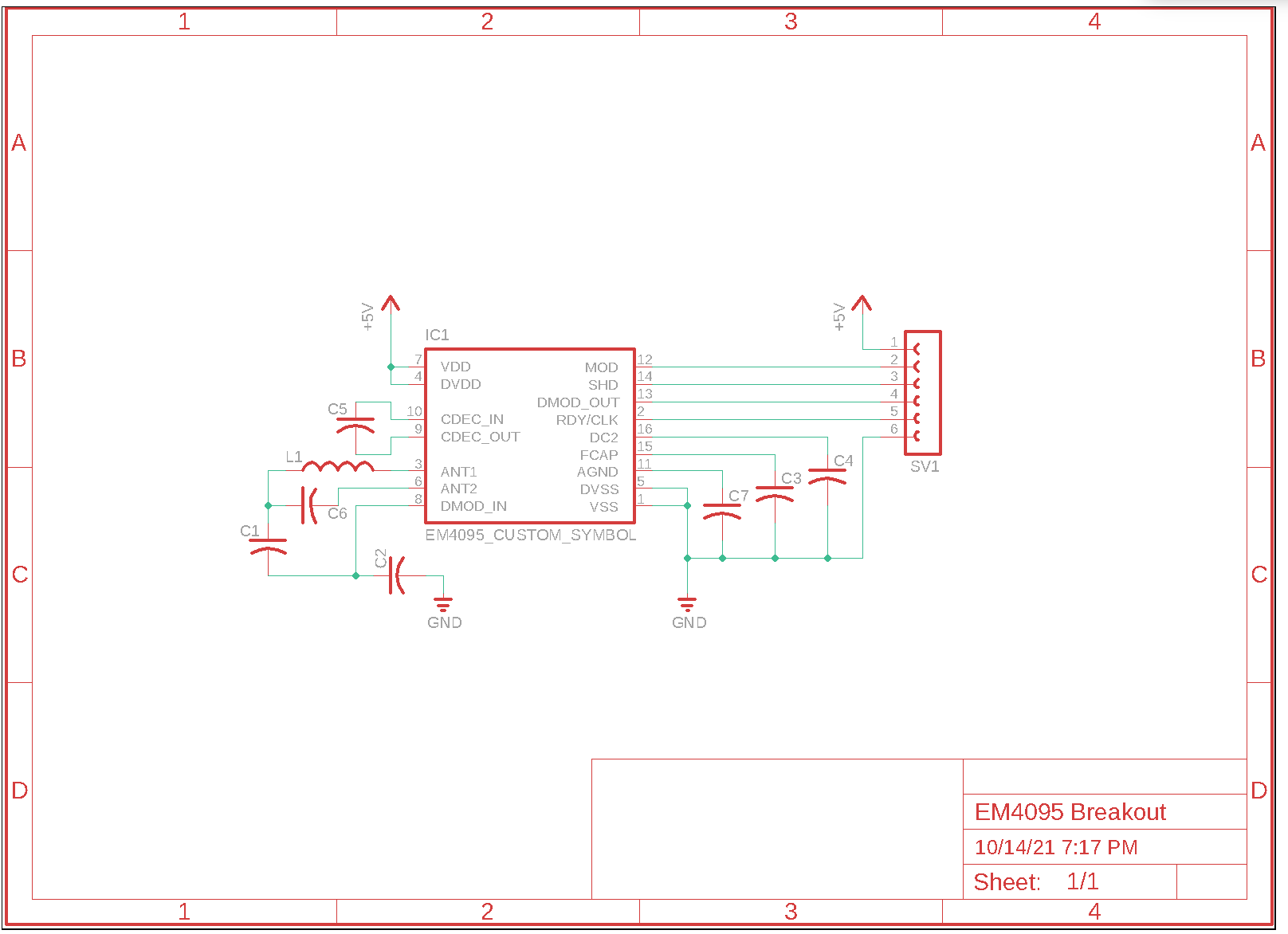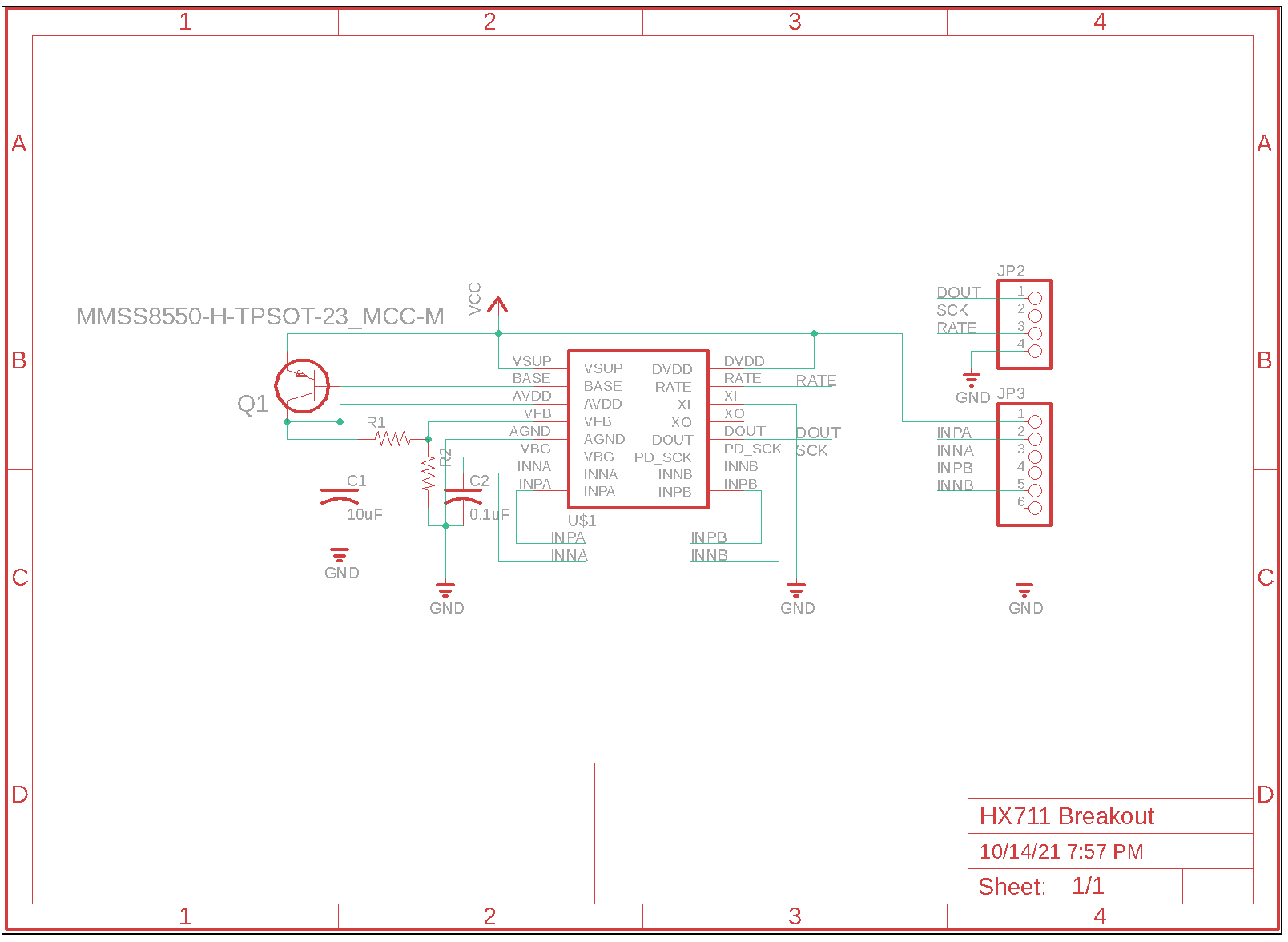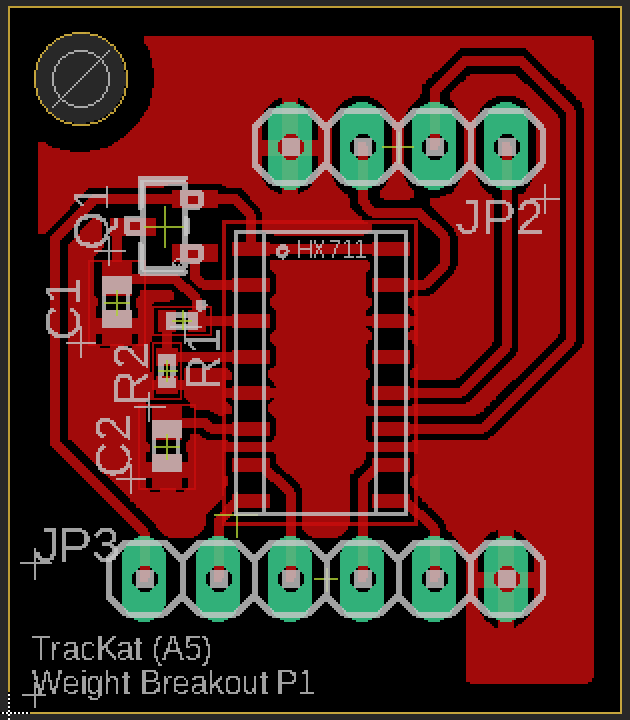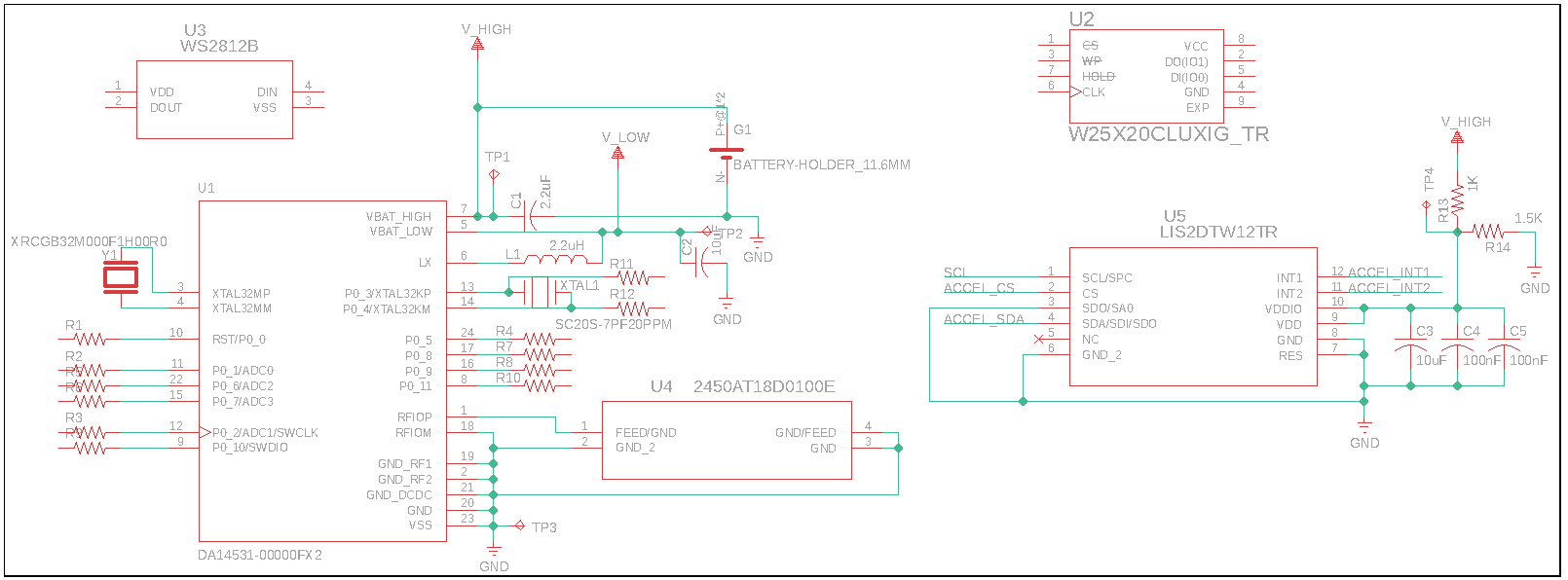This week was perhaps the most stressful one for me till now. It started off with me attempting to connect the web app to our git repository. I do not have an understanding of the inner workings of how the Django web application functions, and for some reason, since the name of the git repository and the web app were both trackat, this resulted in the web app not writing and reading to and from the correct directories. To tackle this, I thought a simple fix of changing the web app name from trackat to something else would resolve this issue, however it only seemed to exacerbate it and I was no longer able to run our application (even after changing it back to its original name). This led to me having to spend multiple hours (more than 5) scouring the web on how to resolve the problem and fix the multiple errors that came up. In the end, I had to essentially rebuild the web app.
However, progress was still made this week. In particular, whenever a user logs into our web app, he/she is redirected to his/her profile page and from there can access the pages of the various cats they may have registered. I also have created a button functionality on our web app where upon clicking it we refresh our database with the new data that was sent to our cat’s json files. I’ve also been working on importing the Charts js graph library to work with our web app and hope to have a basic graph set up showing it reading the dynamic data from the cat’s database.
Because of some of the hiccups I ran into this week, I am a bit behind schedule (nothing too serious) but should be able to catch up this coming week and am looking forward to presenting my work in the interim demo.
